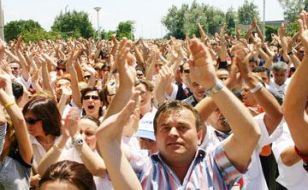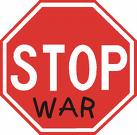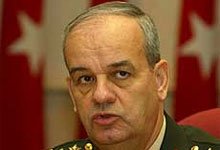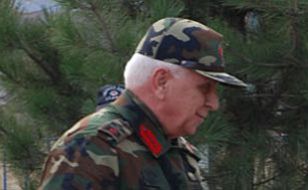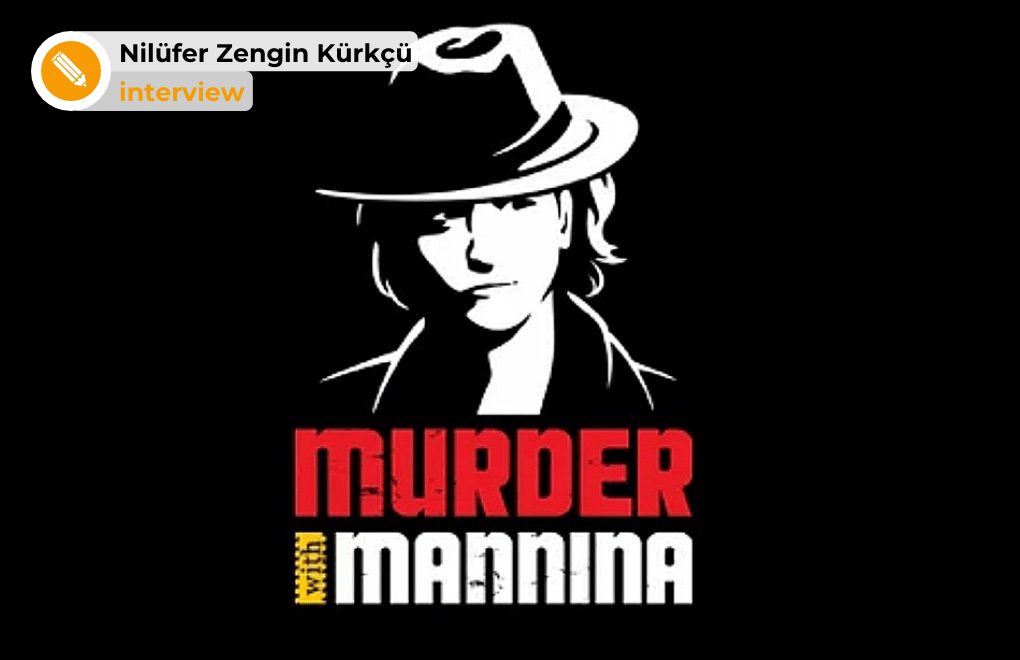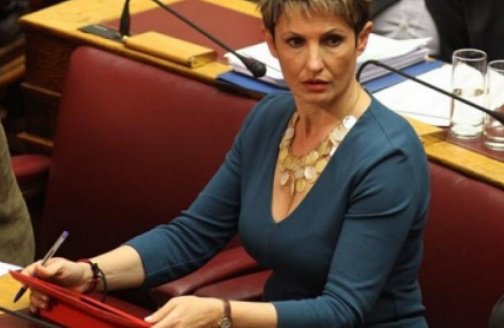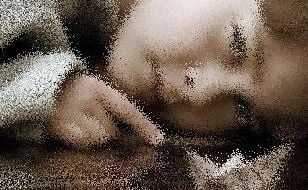“If Ergenekon will provide a real facing up the past, we will have to go back to those years, to the years not even a popgun was fired.”
Looking back to the beginning of the Kurdish armed struggle at its 24th year, Kurdish writer and “Thousand Hope”s Mersin deputy candidate Orhan Miroğlu observes that the breaking point had taken place at Diyarbakır Prison in the eastern Turkey after the military coup of 1980. He says that the state did everything in its power to have the Kurdish movement take on a violent character.
August 15, 1984
30 Kurdish Workers Party (PKK) militants under the command of Mahsun Korkmaz had simultaneously raided the southeast towns of Eruh in Siirt province and Şemdinli in Hakkari province and attacked the government buildings and the military units on August 1984. In these raids private soldier Süleyman Aydın was killed and 13 others were injured.
These raids, which had signaled the founding of PKK’s military wing Hêzên Rizgarîya Kurdistan (HRK – Kurdistan Liberation Forces), changed the course of Turkey’s Kurdish problem completely. In the clashes that have intensified at times and died down at other times, 30 thousand people have lost their lives, 25 thousand of them PKK militants.
What has changed in 24 years?
In the 24th year of PKK’s declaration of war, bianet interviewed three figures from different shades of Turkey's political spectrum of what they thought about a solution to the Kurdish problem today: Republican People’s Party (CHP) deputy Nur Serter, who insists on the necessity of the military operations, Ayhan Bilgen, spokesperson for the Peace Assembly, which campaigns for the peaceful solution to the problem, and Orhan Miroğlu, one of the former administrators of the pro-Kurdish Democratic Society Party (DTP) . Unfortunately, we could not get in touch with anyone from the ruling Justice and Development Party to get the perspective of the government.
Ayhan Bilgen: “Attempts based on solving the problem through killing others are not giving results”
The events of the last 25 years necessitate facing up the past. To establish peace permanently, there is need for justice; facing the past is the only alternative. Attempts based on solving the problem through killing others are not giving results. Tens of years have passed since the days of “3 to 5 bandits” or “We will finish them in 72 hours” and we have lost thousands of our people and wasted millions of dollars on weapons instead of education and health. Today everyone should take a step to open a new page by resorting to self-criticism. To shift the problem by hiding behind the discourse of the dignity of the state is to take the biggest swing at both the state and the society. ”
Nur Serter: “Continue with the same method that has been in use up until today”
“It is not possible to propose anything new. A certain method of dealing with the terror organization has been in practice. It is very important to cut the internal and external connections of the terror organization in order to get results. There is need for the state to make very serious investments in the social and economic fields in the southeastern Anatolia in order to cut the internal support, to stop PKK from finding new recruits, either by force or by scare tactics. It is also very important to cut the external support. To accomplish this, Turkey needs to develop a strong and decisive foreign policy.”
Orhan Miroğlu: The turning point was the tortures in the Diyarbakır Prison
“A people whose ethno-cultural demands are repressed rebels every time the political conditions are ripe. August 15 was the last uprising. Of course, the opportunities the global world presented have been helpful. This uprising has had continuity. We cannot say Turkey has understood this well.
“When the clashes had begun, Turgut Özal, the prime minister at the time, later the president, had said these were just a few bandits. On the contrary, this was a new beginning in the Kurdish movement. It is not possible to create a consensus about peace without understanding the conditions of this war, the reasons for its beginning. In my opinion, this war no more determines only the political relations between Kurds and Turks in Turkey; it has become part of the international conjuncture.
“In 1980’s in places like Diyarbakır, Urfa and Yüksekova, Kurds were becoming mayors without even a single person having a nosebleed, let alone bloodshed. There was a democratic atmosphere. The state has sabotaged this in a planned manner. The Diyarbakır prison is one of the components that led to this process. There occurred very interesting things in the lives of those friends of ours who were elected mayors at that time. Some of them were killed at the border. Some were in jail for twenty years.
“Kurdish society was lead to violence. If there will be a real facing up the past, then we will have to go back to those years, to the years not even a popgun was fired within the Kurdish movement. We will have to face the Diyarbakır prison. The Ergenekon investigation is proceeding without this. The state did everything in its power to have the Kurdish movement take on a violent character.
One could have only thought of the Kurdish and Turkish political elites when someone had mentioned the Kurdish movement ten years ago, but today we have to add the USA and the EU to them. We have to see the powers that created the new political field for the Kurds in Northern Iraq. Turkey was closer to solving the problem in the beginning of the 2000’s, if it could only have understood the real reasons behind the conflict. This cannot be called terrorism, because this is a political program demanding a right [to exist]. The Kurds are keeping this struggle up in the mountains is because this is a demand for rights. The state resorts to violence in order not to give these rights. We have to get out of this vicious circle.” (NZ/EZÖ/TB)





